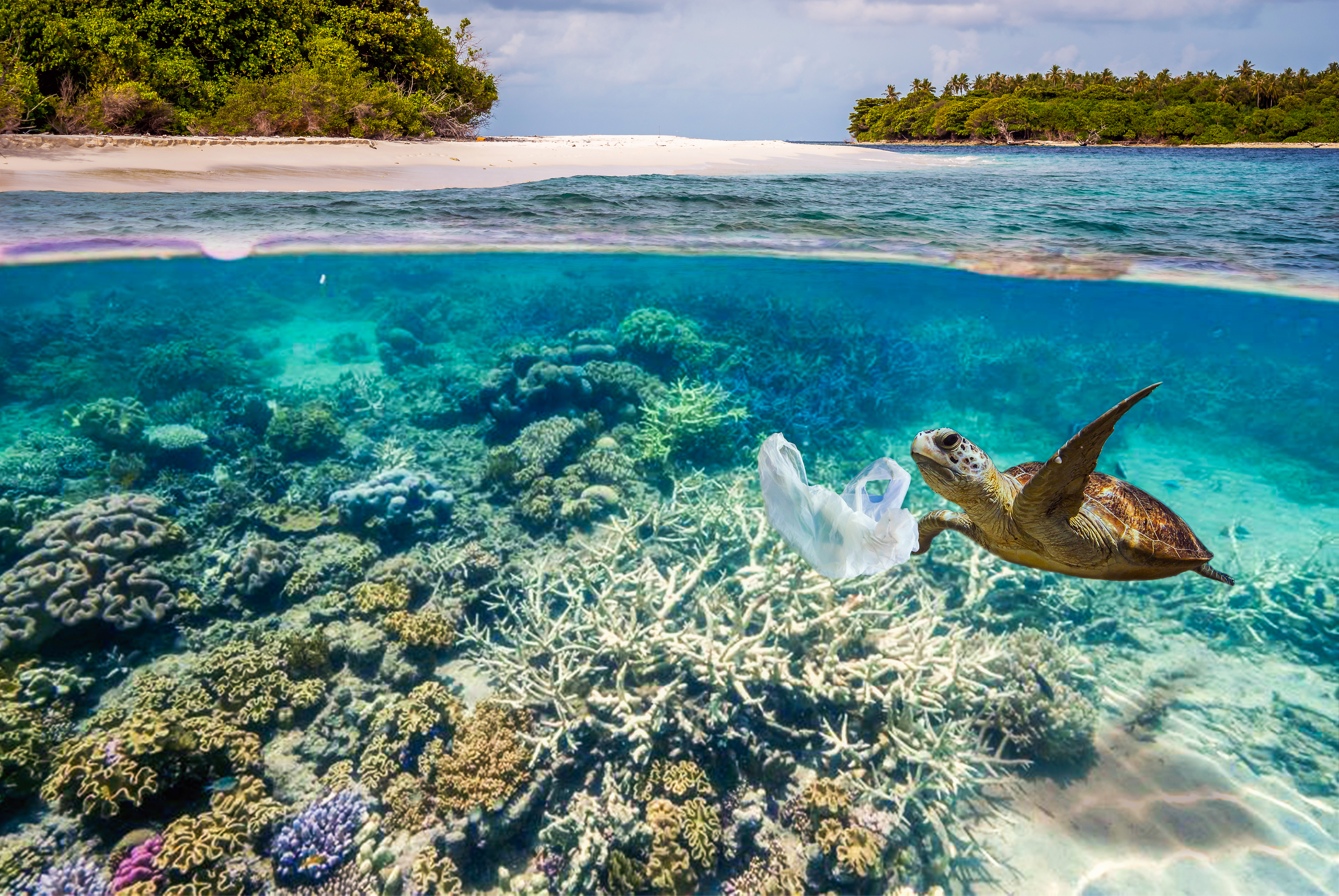Urgent action is needed to protect marine life, with more than 60 per cent of the world’s oceans lacking effective conservation measures, according to new Oxford University study.
Marine scientists from Oxford’s, Department of Zoology, have presented a United Nations (UN) panel with an overview of the risks facing our oceans.The UN members were meeting for the latest round of negotiations towards a possible high seas treaty.
The Oxford report reveals the severe risk to the open ocean from climate change, over-fishing, deep-sea mining, farm and plastics pollution. The paper calls for immediate legal protection of the high seas.
The work was carried out to better understand the role that the ocean’s play in our lives, and considered the high seas, which are beyond national jurisdiction. In total 271 academic studies were considered, all of which have been published in the last five years, since the Rio+20 Earth Summit in 2012.
Dr Lucy Woodall, co-author and Researcher at the University of Oxford, Ocean Research and Conservation Group, said: ‘The function, complexity and connectivity of the oceans are highlighted in the report. It shows that the most remote places on our planet are very relevant to our lives everyday. Recognising the influence of the high seas it is important to ensure appropriate legal instruments are enacted.’
The Bay of Bengal was flagged as being particularly at a tipping point, which could impact global fishery stocks. Run off from farmland fertilisers is contaminating the Bay, causing nutrient levels to increase. Nutrients like, nitrate, act as a fertiliser to algae, stimulating bacteria growth, which competes with fish and marine organisms for oxygen.
If oxygen levels in the Bay of Bengal decrease any further, the area is at risk of flipping to a ‘no oxygen’ status. This would result in the formation of new bacteria that then remove nitrates from the water, de-stabilising the Bay’s ocean ecosystem. The de-nitrified water could then be carried away by ocean currents and reduce productivity elsewhere.
Professor Alex Rogers, Professor in Conservation Biology at Oxford’s Department of Zoology, said: ‘This is very, very important. A lot of states are looking towards developing industrial activities in the ocean – fishing, deep-sea mining, renewable energy, even aquaculture offshore. It’s really vital that we come to some international agreement on how to protect or manage biodiversity on high seas in the face of all these pressures.’
The findings from the report will inform the UN’s review of current marine conservation measures on the high seas. Over time the insights will support them in setting up a legal framework, under a new acronym: Biodiversity Beyond National Jurisdiction (BBNJ).
